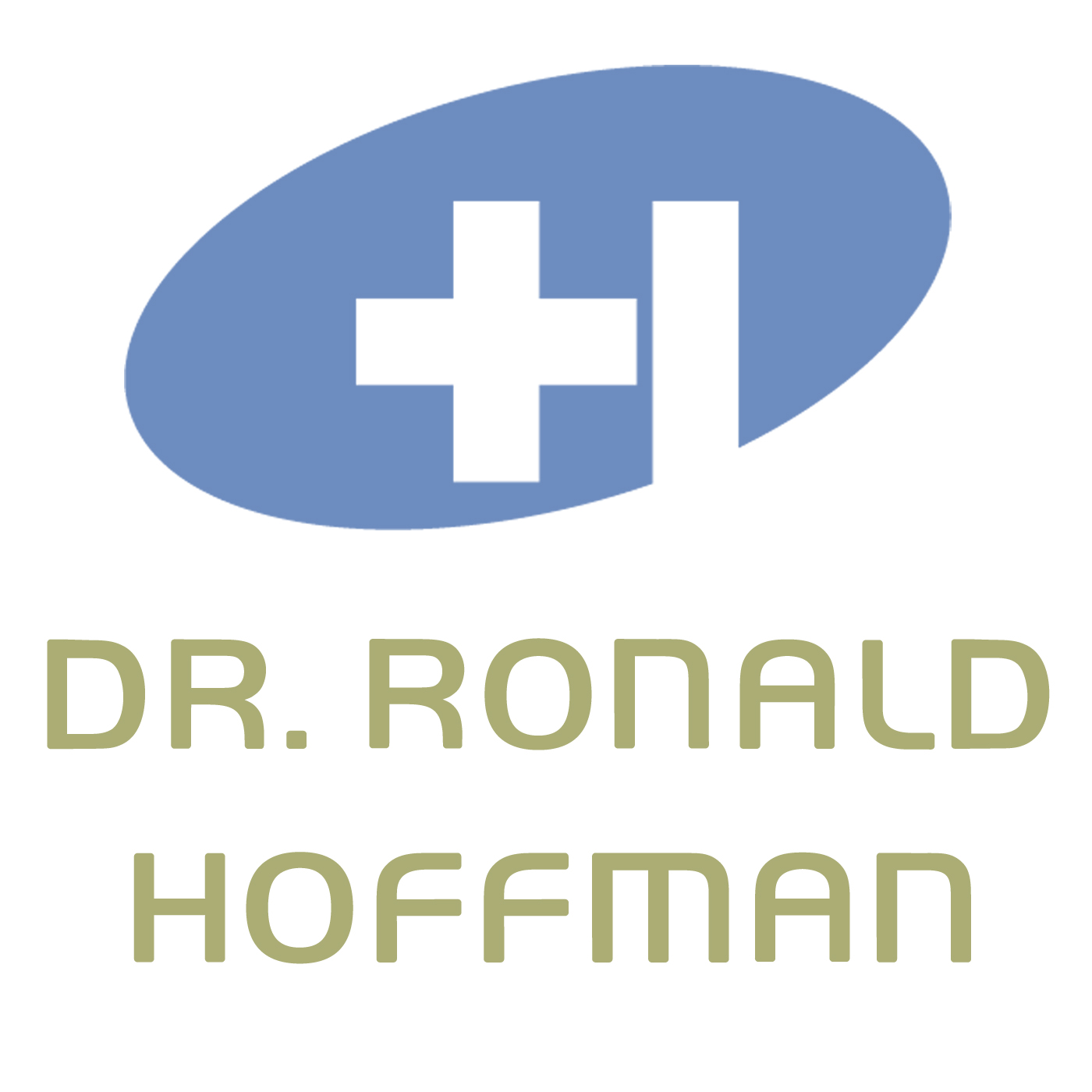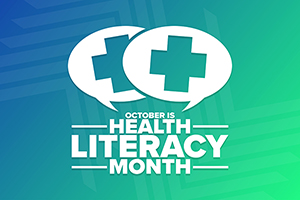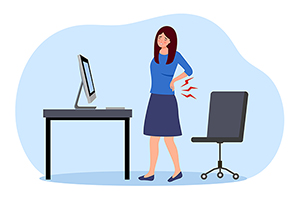



Get new episodes of Intelligent Medicine automatically downloaded to your computer or mobile device from one of these popular podcast providers:
Apple Podcasts
Amazon Music
Spotify
YouTube
Pandora
TuneIn
iHeartRadio
Or, copy and paste this URL into your favorite podcasting software or RSS reader:
http://drhoffman.com/podcast/feed/intelligent-medicine/
Also, listen on-demand using your virtual assistant or smart speaker. Just say:
“Alexa, play Intelligent Medicine.”
“Hey Siri, play Intelligent Medicine.”
“Ok Google, play the Intelligent Medicine Podcast.”
| Podcast | ||
|---|---|---|

|
Intelligent Medicine Radio Show for May 6, Part 2 |
 |

|
Leyla Weighs In |
 |

|
Q&A with Leyla, Part 1 |
 |

|
Q&A with Leyla, Part 2 |
 |

|
Intelligent Medicine Radio Show for April 29, Part 1 |
 |

|
Intelligent Medicine Radio Show for April 29, Part 2 |
 |

|
Leyla Weighs In |
 |

|
The Dangers of Excessive Medication, Part 1 |
 |

|
The Dangers of Excessive Medication, Part 2 |
 |

|
Q&A with Leyla, Part 1 |
 |
Though we think of declining estrogen as the hallmark of menopause, it's actually common for…

Up to 12 percent of Americans have ulcers at some point in life. Peptic ulcers…
Gallbladder disease is a modern illness. An estimated 20 million Americans have gallbladder disease. The…

The U.S. Office of Disease Prevention and Health Promotion (did you even know your taxpayer…

Q: For the past several months, I have been making my husband and myself vegetable…

Dead Butt Syndrome: I love this term! Formally speaking, in medical parlance, it’s dubbed “gluteal…

Exploring the Critical Link Between Gut Health and Overall Wellbeing with Dr. Michael Ruscio, Part 1

Our virtual voicemail is open 24/7, so there's no need to wait to submit your questions for Dr. Hoffman. Leave a message, and you may hear your question featured on the Intelligent Medicine radio program!